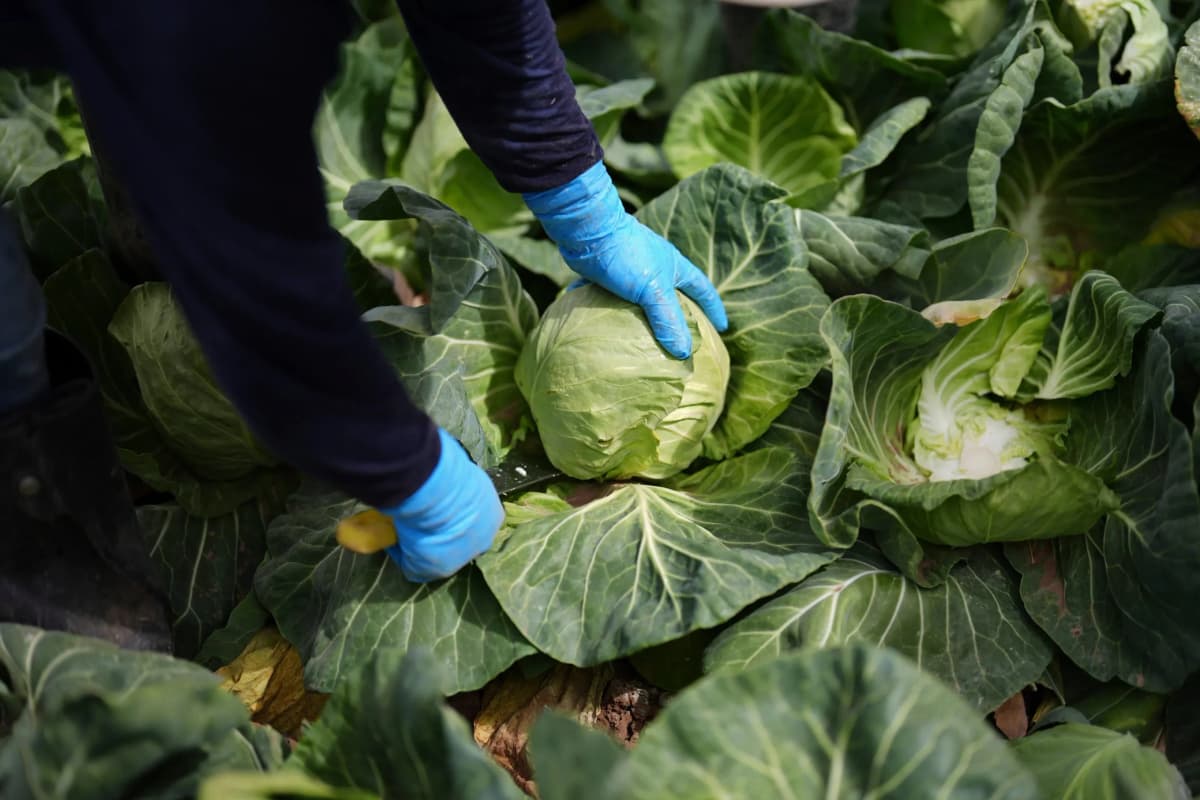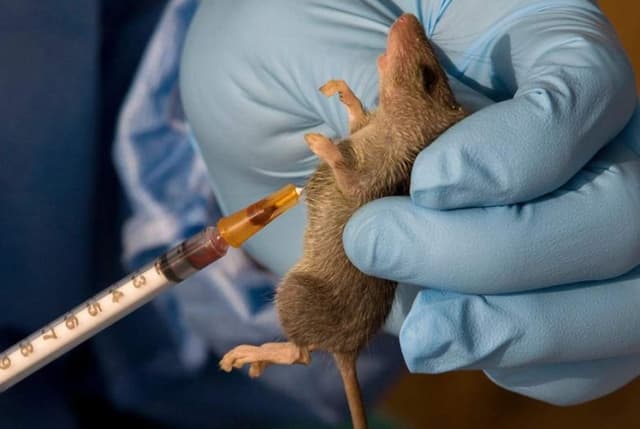
Shifting focus to more plant-rich diets can prevent up to 15 million premature global deaths yearly, while cutting greenhouse-gas emissions and protecting biodiversity, a new report has revealed.
The 2025 report by the EAT–Lancet Commission on Healthy, Sustainable and Just Food Systems, launched during the EAT Forum in Stockholm, is a reminder that the global food systems sit at the heart of some of today’s biggest challenges – how to nourish a growing population, protect the planet, and ensure fairness for everyone along the food chain.
The new report builds on the original 2019 ‘Planetary Health Diet,’ with updated science. It calls for transforming not just what humans eat, but how food is produced and valued; including reducing food waste, redirecting subsidies toward healthier foods, and rewarding sustainable farming.
The report also makes a strong point about equity: the wealthiest 30 per cent of people account for around 70 per cent of food-related environmental damage.
For African countries, including Nigeria, the report is very essential in the sense that the continent is facing a double burden of malnutrition and under-nutrition, even as farmers grapple with the impact of climate change.
The report highlights the opportunity to make nutritious diets both affordable and accessible by investing in local food production, especially fruits, vegetables and pulses, with emphasis on the need to align with agricultural and nutrition policies with climate action that can deliver real co-benefits for health, livelihoods, and the environment; particularly for smallholder farmers and women who form the backbone of food production.
The report acknowledges that achieving these transformations will take political will, financing, and cultural sensitivity with an estimated US $200–$500b needed yearly to shift global food systems in the right direction.
Aside from the eye-opening report at the EAT Forum there were side events and sessions that brought the discussions to life – Food Systems Transformation – Putting Principles into Practical Action hosted by GIZ); ‘Food Cultures – A Driver for Sustainable and Healthy Food, hosted by FORMAT’; the ‘3Cs of Dietary Shifts: Culture, Commerce, and Consumer, hosted by GAIN and Advancing Planetary Health Through Innovation in K–12 Education’, hosted by Villar’s Institute.
The GIZ hosted session on ‘Food Systems Transformation – Putting Principles into Practical Action’, explored how to turn food system principles into real, on-the-ground action.
The session focused on nutrition and consumer demand, areas that are often overlooked in broader transformation efforts. The highlight of the session was how GIZ emphasised partner-centric approaches to achieve sustainable, locally driven solutions.
For the ‘Food Cultures – A Driver for Sustainable and Healthy Food’ session, the discussion explored how food cultures around the world are complex, diverse, and constantly evolving.
During the GAIN’s sponsored ‘3Cs of Dietary Shifts: Culture, Commerce, and Consumer’, the session explored consumer preferences, what people actually want and their value to driving dietary shifts, yet they are rarely discussed in strategy conversations. It was interesting to see how culture and commerce intersect to shape what ends up on the plates, and how understanding these links can create more effective nutrition and food system programmes.
The session on advancing planetary health through innovation in K–12 education, hosted by Villar’s Institute, the discussion focused on two key questions: what knowledge, skills, and real-world experiences should be an integral part of K–12 education to empower future food system stewards and advance planetary health? And secondly, what innovative models and strategic pathways can best help advance planetary health through education in ways that inspire and drive real action?
One of the most important aspects of the forum was the discussions on how schools can integrate nutrition, health, and sustainability into early learning. Participants, with diverse perspectives from around the world shared creative examples of hands-on learning, from school gardens to food literacy programmes. (The Guardian)



























NEWS EXPRESS is Nigeria’s leading online newspaper. Published by Africa’s international award-winning journalist, Mr. Isaac Umunna, NEWS EXPRESS is Nigeria’s first truly professional online daily newspaper. It is published from Lagos, Nigeria’s economic and media hub, and has a provision for occasional special print editions. Thanks to our vast network of sources and dedicated team of professional journalists and contributors spread across Nigeria and overseas, NEWS EXPRESS has become synonymous with newsbreaks and exclusive stories from around the world.